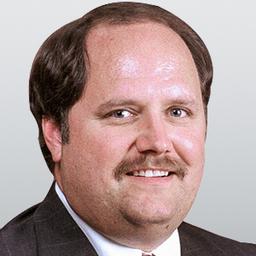Commentary
The NCAA—the National Collegiate Athletic Association—is the governing body for intercollegiate sports in the United States.


The NCAA—the National Collegiate Athletic Association—is the governing body for intercollegiate sports in the United States.